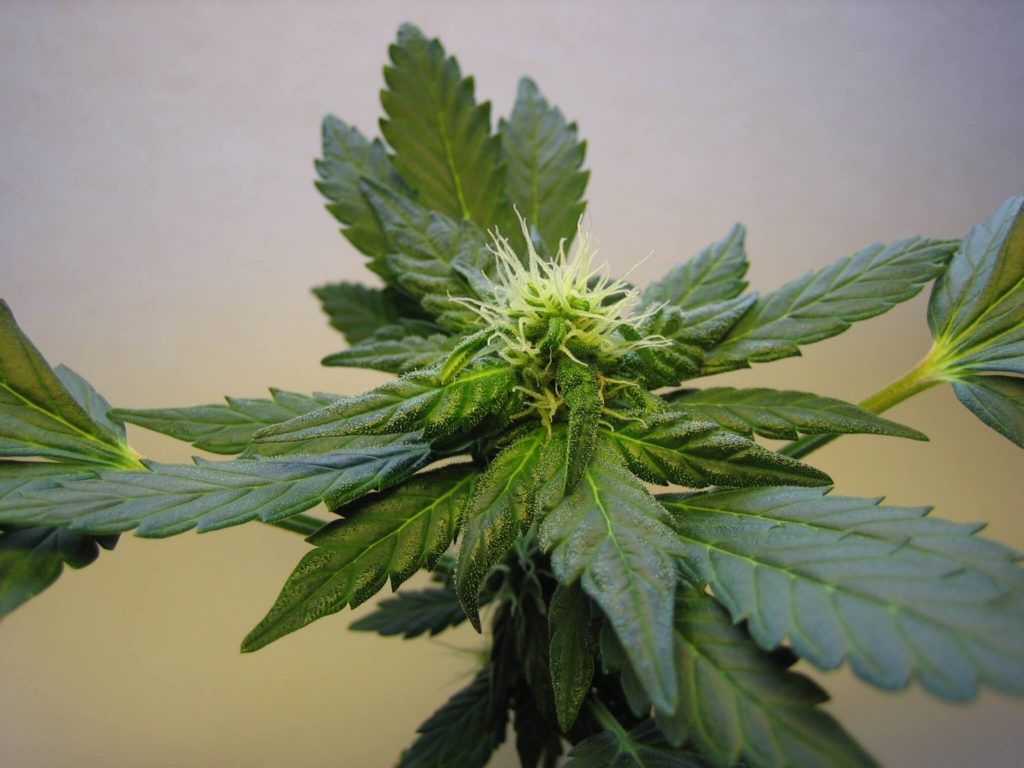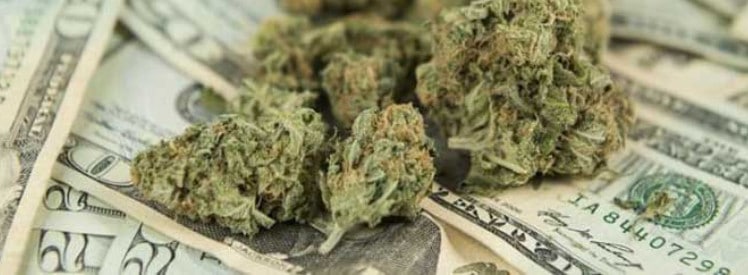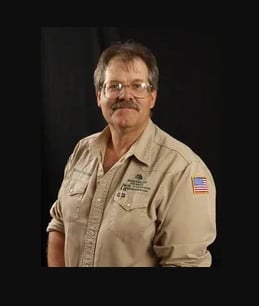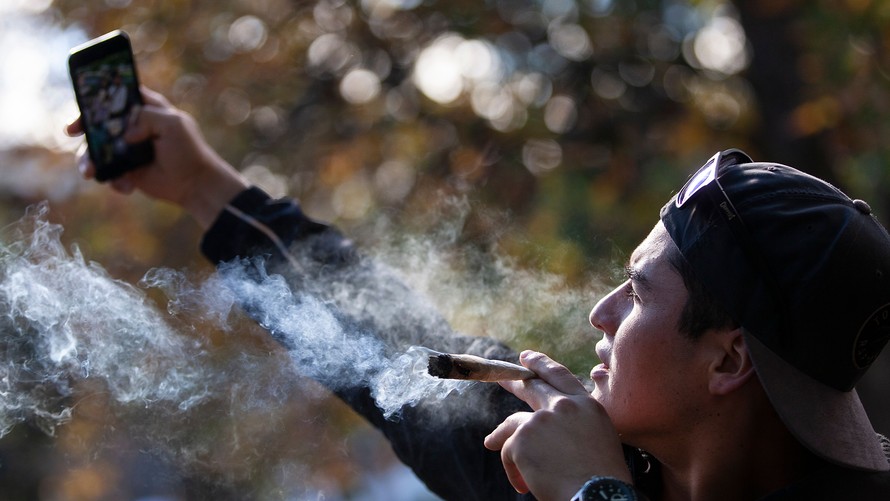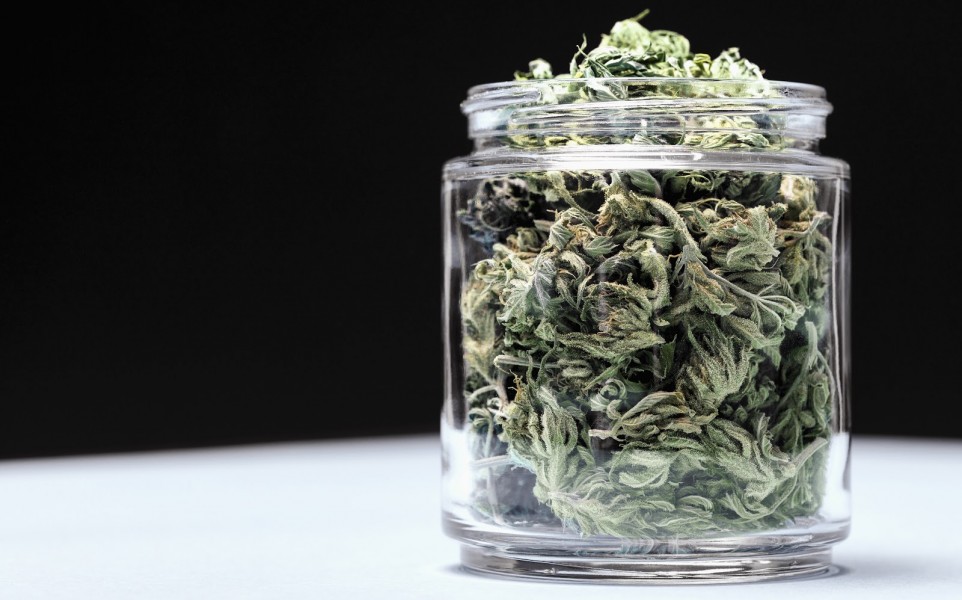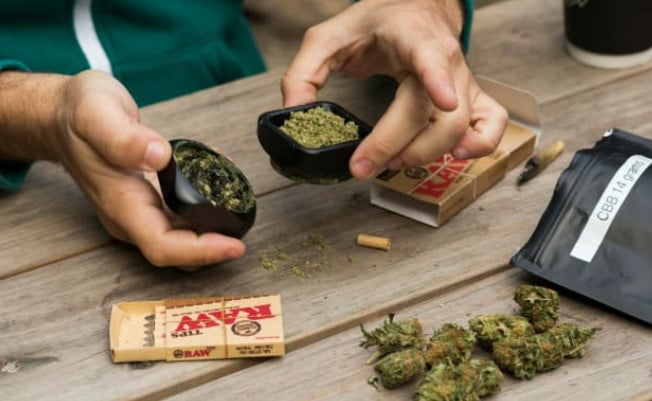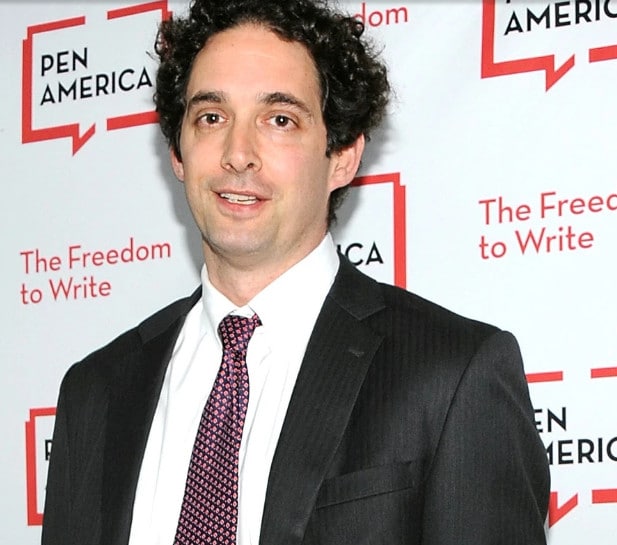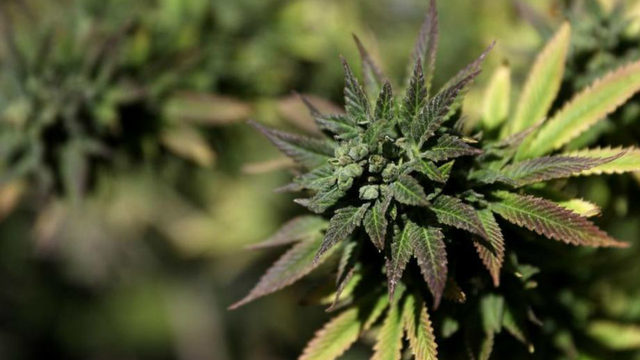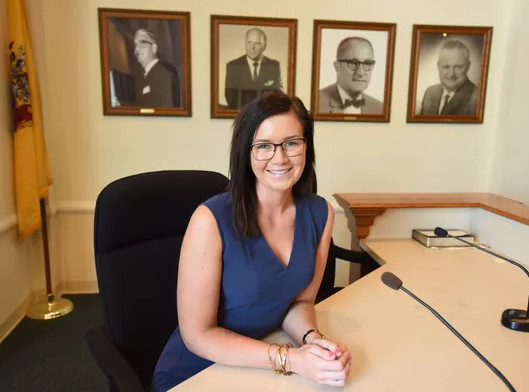NEW ORLEANS : It was like any other big meeting you might see at the Ernest N. Morial Convention Center in New Orleans: the attire was “business casual” and the conversations involved packaging, marketing, entrepreneurship, investment and growth in what is, literally, a budding industry.
But there were no free samples at the product booths and there were explicit warnings in the convention program that possession and use of the featured product was strictly prohibited; a sensible stricture given that – even when the Marijuana Business Conference & Expo NEXT is in town – recreational use of marijuana remains illegal in Louisiana.
But, will that always be the case?
The ice has been broken: Medicinal weed is expected to be available to patients in Louisiana this summer. And, nationwide, opposition to more liberal marijuana laws have eroded.
Former U.S. House Speaker John Boehner announced a change of heart on marijuana last month. He said he will promote its nationwide legalization as a way to help veterans and address the nation’s deadly opioid crisis. Less than two weeks later (on April 20, the informal “holiday” for marijuana) Senate Minority Leader Chuck Schumer of New York said he’ll introduce a bill taking marijuana off the federal list of controlled substances.
Then, there was “MJBizCon NEXT,” the three-day event, put on at the convention center last week by the publication Marijuana Business Daily. The buzz at one of the numerous Thursday sessions on investing in the cannabis industry was all about how lawmakers in Maine overrode Gov. Paul LePage’s veto of a law authorizing and taxing pot sales – legislation passed after Maine voters approved legalizing recreational marijuana use for adults in 2016.
The fight in Maine, and elsewhere, makes clear that efforts to legalize marijuana in many localities won’t be easy. In Louisiana, despite support for medical cannabis, bills to decriminalize recreational use of marijuana had so little support that they never even came up for a vote in the current legislative session.
Nevertheless, the vibe at the convention center in one of this red state’s bluest cities was that of ground-floor optimism. Meetings dealt with how to break into the business, investment strategies, branding and customer service.
Sections of the expo hall resembled a giant home-improvement store. There were hydroponic growing systems, greenhouse models, bags of soil, gleaming high-tech arrays of tanks and tubing for extracting chemicals from cannabis, and handsome display cases retailers can use to show off canisters of weed.
There was a big poster of a guitar-toting Julian Marley (son of reggae legend Bob), at the booth for Julian Marley Juju Royal Ultra Premium Cannabis.
Some booths were sponsored by companies ready to guide the fledgling commercial cannabis grower through license applications, design and construction of cultivation facilities, employee training and legal compliance. Still others represented established growers and sellers like High Life Farms. Wholesalers of various paraphernalia – grinders, vape pens and old-fashioned rolling papers – were on hand.
So were insurance companies. And security companies. And software sellers. And law firms.
A few blocks away, at City Hall, the City Council has taken steps to free up time for overworked police by lowering fines and lessening the possibility of jail time for small-time marijuana arrests. The local district attorney says it’s a bad idea and could lead to rising crime.
The debate also takes place amid concerns about the social and long-term health effects of marijuana use.
Such fears from local city halls and courthouses all the way up to the U.S. Department of Justice portend a rocky road for widespread legalization.
But, if the aroma of weed was absent at MJBizCon NEXT, the smell of money was strong.
If the boom is for real, and it lasts, how long will Louisiana and other states resist?
Credit: charlotteobserver.com


